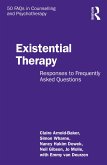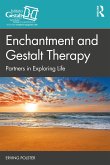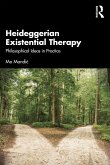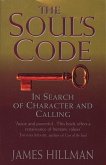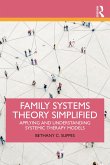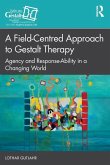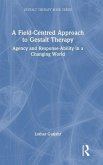This thoughtful and heartfelt book develops two main themes: the healing power of a compassionate understanding towards ourselves and others, and the ways boundaries are set within and around various areas of our lives.
It examines how we live these boundaries, how they impact us, and what it takes to live these with deeper satisfaction. This book also addresses: shame and rage; the impact of trauma; the power of parental messages, spoken and unspoken; and transgenerational burdens. A theoretical chapter summarizes the author's integrative, phenomenological approach: it brings the insights of a body-focused trauma therapy and a systemic lens to an overarching Existential perspective. Numerous vignettes, case studies and client-therapist dialogues illustrate reflections on life, philosophy, therapeutic modalities and practice.
This book will be a thought-provoking read for trainee and practising counsellors and psychotherapists, or anyone looking for self-reflection on their own practices, life, and ultimately, what it means to be human.
It examines how we live these boundaries, how they impact us, and what it takes to live these with deeper satisfaction. This book also addresses: shame and rage; the impact of trauma; the power of parental messages, spoken and unspoken; and transgenerational burdens. A theoretical chapter summarizes the author's integrative, phenomenological approach: it brings the insights of a body-focused trauma therapy and a systemic lens to an overarching Existential perspective. Numerous vignettes, case studies and client-therapist dialogues illustrate reflections on life, philosophy, therapeutic modalities and practice.
This book will be a thought-provoking read for trainee and practising counsellors and psychotherapists, or anyone looking for self-reflection on their own practices, life, and ultimately, what it means to be human.
'This is a wise and beautiful book. Like some of the best writers in the existential humanistic tradition (Carl Rogers, R.D. Laing, Irvin Yalom, Ernesto Spinelli), Laura Barnett has a talent for making therapy and philosophical theory understandable to everyone without sacrificing complexity and depth. She adds to this tradition a very precise consideration of the importance of the body and transgenerational issues. As a vivid but modest presence in the book, she demonstrates in her very attuned handling of delicate material the book's three interwoven themes. Holding theory lightly and combining a very distinct personal voice with compelling vignettes, she invites us to confront the mystery of being human.'
Betty Cannon, PhD, Professor Emerita, author of Sartre and Psychoanalysis and founder of Applied Existential Psychotherapy
Betty Cannon, PhD, Professor Emerita, author of Sartre and Psychoanalysis and founder of Applied Existential Psychotherapy



